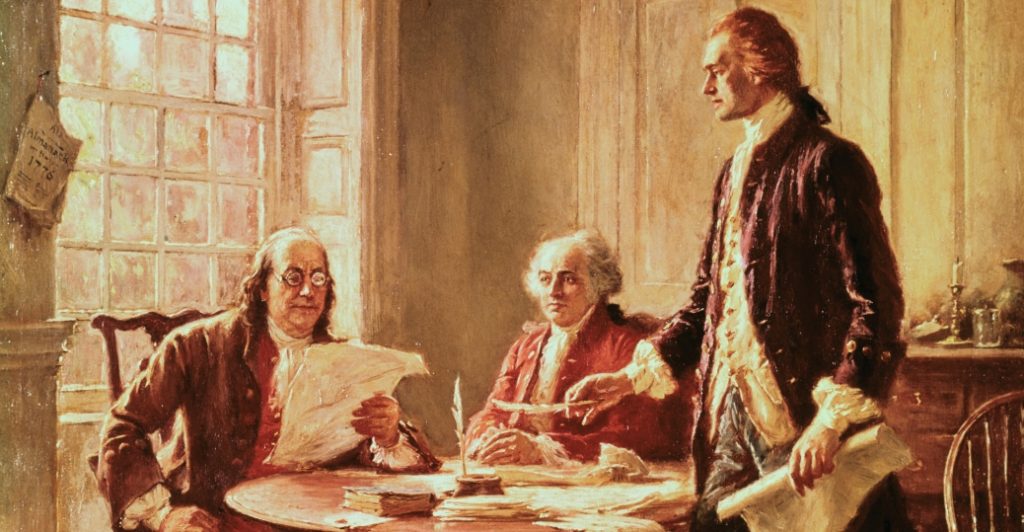
We hear about it all the time. It was a pivotal point in European history, paving the way for centuries of history afterward, but what was ‘The Enlightenment’? Why is it called ‘The Enlightenment’? Why did the period end?
The Enlightenment Period is also referred to as the Age of Reason and the “long 18th century”. It stretched from 1685 to 1815. The period is characterized by thinkers and philosophers throughout Europe and the United States that believed that humanity could be changed and improved through science and reason. Thinkers looked back to the Classical period, and forward to the future, to try and create a trajectory for Europe and America during the 18th century.
It was a volatile time marked by art, scientific discoveries, reformation, essays, and poetry. It begun with the American War for Independence and ended with a bang when the French Revolution shook the world, causing many to question whether ideas of egalitarianism and pure reason were at all safe or beneficial for society. Opposing schools of thought, new doctrines and scientific theories, and a belief in the good of humankind would eventually give way the Romantic Period in the 19th century.
Literature & Philosophy
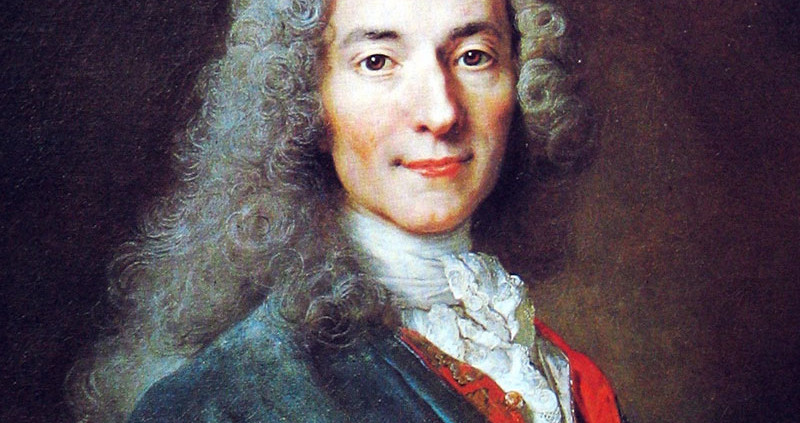
What is Enlightenment? Philosopher Immanuel Kant asked the self-same question in his essay of the same name. In the end, he came to the conclusion: “Dare to know! Have courage to use your own reason!”
This was an immensely radical statement for this time period. Previously, ideas like philosophy, reason, and science – these belonged to the higher social classes, to kings and princes and clergymen. Now, suddenly, reason was for the people. This idea would permeate the Age of Reason and set it alight.
French writers like Rousseau, Montesquieu, Buffon, Diderot, and, most famously, Voltaire, were at the head of the Enlightenment. Diderot wrote his Encyclopédie in 1751, which was the first attempt at compiling all human knowledge. It broke the barrier, insisting loudly that the universe could be broken down and demystified if one only applied one’s reason. It was a bold, brash move. One that stood in the face of eras before.
American political writers like Thomas Paine and Thomas Jefferson spoke of human rights and justice, freedom and equality. Thomas Paine, especially, in his essay “Common Sense” appealed to the reason of the people to make his political point.
These writers framed the dramatic shift in who “owned” ideas. Ideas and education were no longer for the privileged and rich of society. They belonged to everyone, and it was everyone’s responsibility as human beings to have them.
Art
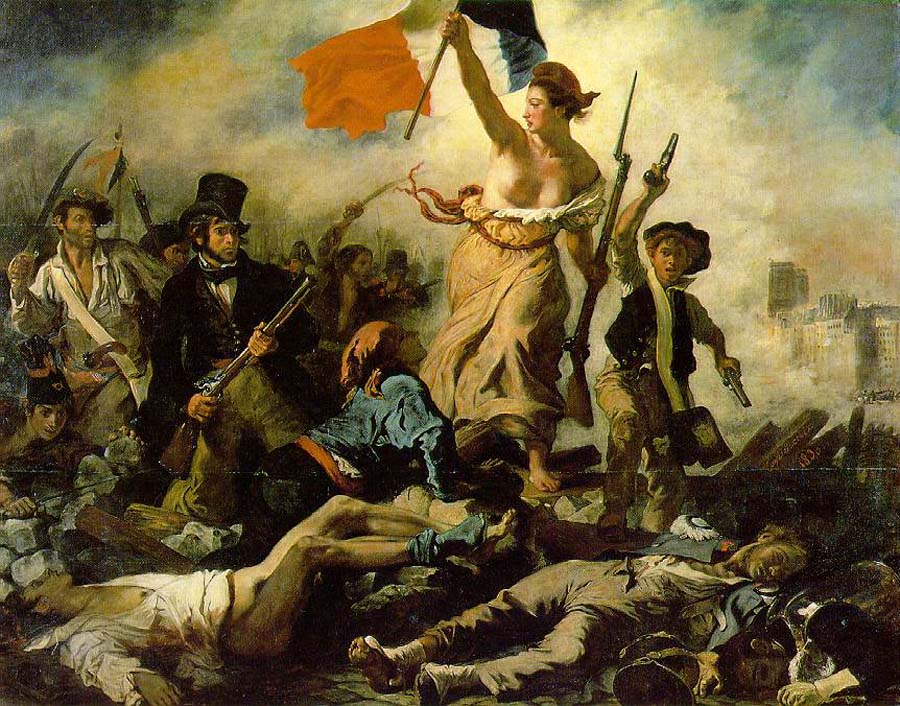
Art during the Age of Enlightenment saw a shift from the opulent baroque style of the 17th century to a “art for the people” – a more simple, neoclassicism. Artists looked back to styles found in Classical and Renaissance-era creations, and used their art as their voice to spread their feelings and voice their opinions. The Enlightenment was the first time in European history that art served not only a political or religious agenda, sponsored by the rich in society, but also served as a medium of expression.
Artists expressed realism in works like William Hogarth’s street scenes of London, creating stark scenes of social criticism meant to draw emotion from the viewer.
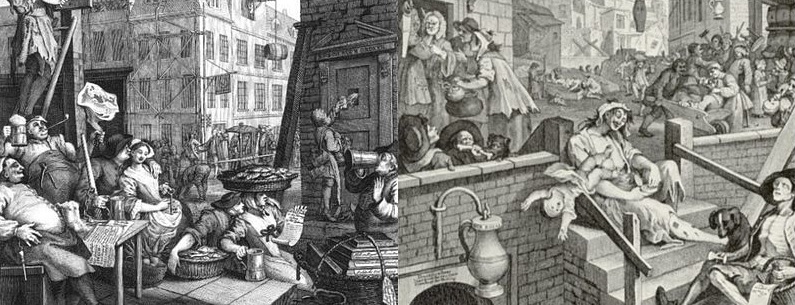
Music, too, saw a shift. Where complex baroque works like those of Bach and Handel were once popular in high courts, suddenly technical structure and clarity were more valued. Composers like Joseph Haydn and geniuses like Mozart paved the way for music that was brilliant, bright, and celebrated the natural elements of nature. See a pattern?
Science
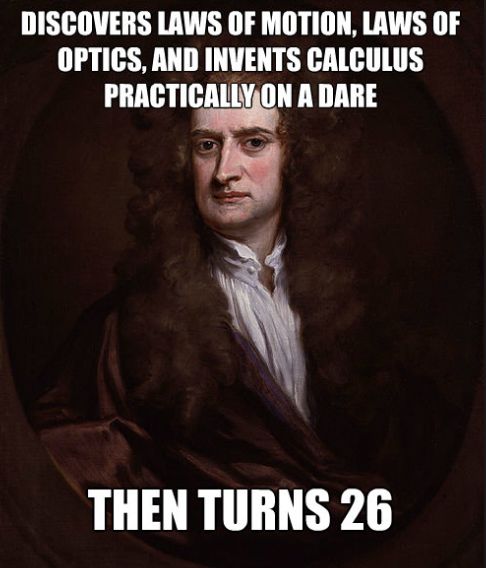
It’s impossible to talk about the Enlightenment without talking about the political leaps and bounds made during the period. Historians trace the scientific beginnings of the Enlightenment back to Sir Isaac Newton’s Principia Mathematica, written in 1686. This work, combined with John Locke’s “Essay Concerning Human Understanding” (1689) are believed to be the basis for much of the science, math, and philosophy that propelled the Enlightenment forward.
Newton’s calculus and other scientific theories gave other scientists precise ways to measure change. The period saw enormous leaps in understanding of medicine, math, and physics.
Benjamin Franklin discovered electricity and invented many items which we still use today, including the lightning rod and bifocals, and immensely influenced Thomas Malthus’ rule of population growth.
These discoveries, developments, inventions, and theories would play an immense role in the common Industrial Revolution of the 19th and 20th centuries.
Politics
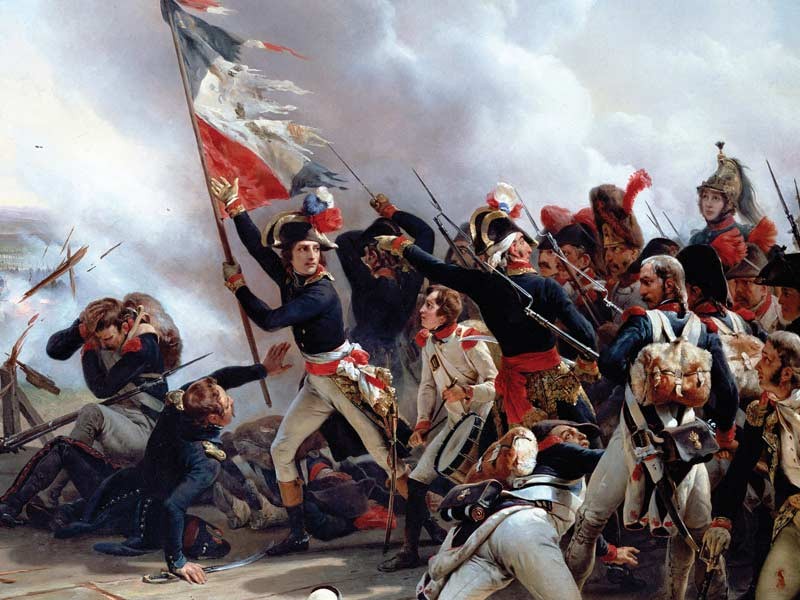
The Enlightenment is said to truly have begun with the American Revolution in 1776. Ideas which had been swirling around people’s heads through writers like Thomas Paine, John Locke, and Thomas Jefferson, finally culminated in the first attempt at a republic since Roman times. Like the rest of the Enlightenment period, America’s founding fathers hearkened back to Classical times to draw up a plan for how they wanted to run their upstart country.
In England, Englishman William Wilberforce believed firmly in freedom for all men, and took it upon himself to abolish the slave trade throughout the British Empire…and succeeded.
In Prussia, Frederick the Great (1712-1786) unified the country, supported the arts, music, philosophy, science, and encouraged ‘enlightened’ ideas in his country, effectively modernizing his country and bringing Prussia up to speed with the rest of Europe. In Russia, Catherine the Great (1729-1796), did the same, turning Russia into a major world power beneath her fingertips.
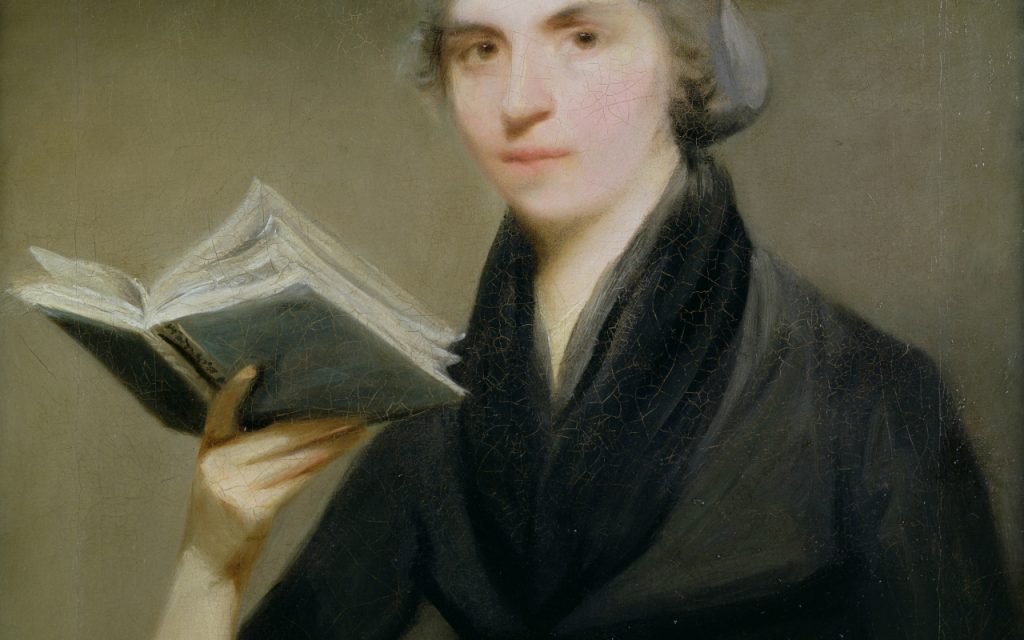
Mary Wollstonecraft, early feminist and writer in London, England, saw the changes and read about egalitarianism and sought to implement it in England for women as well as men. During her career in the late 1700s, she wrote all sorts of essays, treatises, and speeches. Her Vindication of the Rights of Women, written in 1792, argued the unthinkable: women were not naturally inferior to men, but only seemed so because they were denied the same education. She argued that women ought to be treated the same as men, and advocated for a society entirely founded on reason.
And in France, the people were getting restless under their despotic rulers. The Enlightenment was sweeping Europe. The Americans had gained their freedom from Britain and created a new republic. The French wanted in.
In 1789, they revolted. They threw out all old authorities and attempted to remake society along completely rational lines, but it got completely out of control. In what historians call “The Reign of Terror”, they murdered thousands of people and spread fear of revolution throughout the rest of Europe. The chaos of the French Revolution would eventually lead to the rise of Napoleon.
Decline

According to Encyclopedia Britannica’s entry on the subject, “The Enlightenment expired as the victim of its own excesses”. The Enlightenment was so focused on abstract reason and stoicism, above all other virtues, that some people grew tired of it and began to seek its opposite: emotion, sensationalism, and the softening of every moral value. This search was further sparked by the failure of the French Revolution and its ensuing Reign of Terror. After that disaster, few people believed that a reason-based, egalitarian society could, in fact, function.
One enduring philosophical thread remained, however: the idea that the human race was, as a whole, moving forward. The idea of progress. These beliefs and factors combined with the scientific leaps made during the Enlightenment would drive the world forward toward the Industrial period, and, to the philosophical, artistic, and literary period known as the Romantic Era.